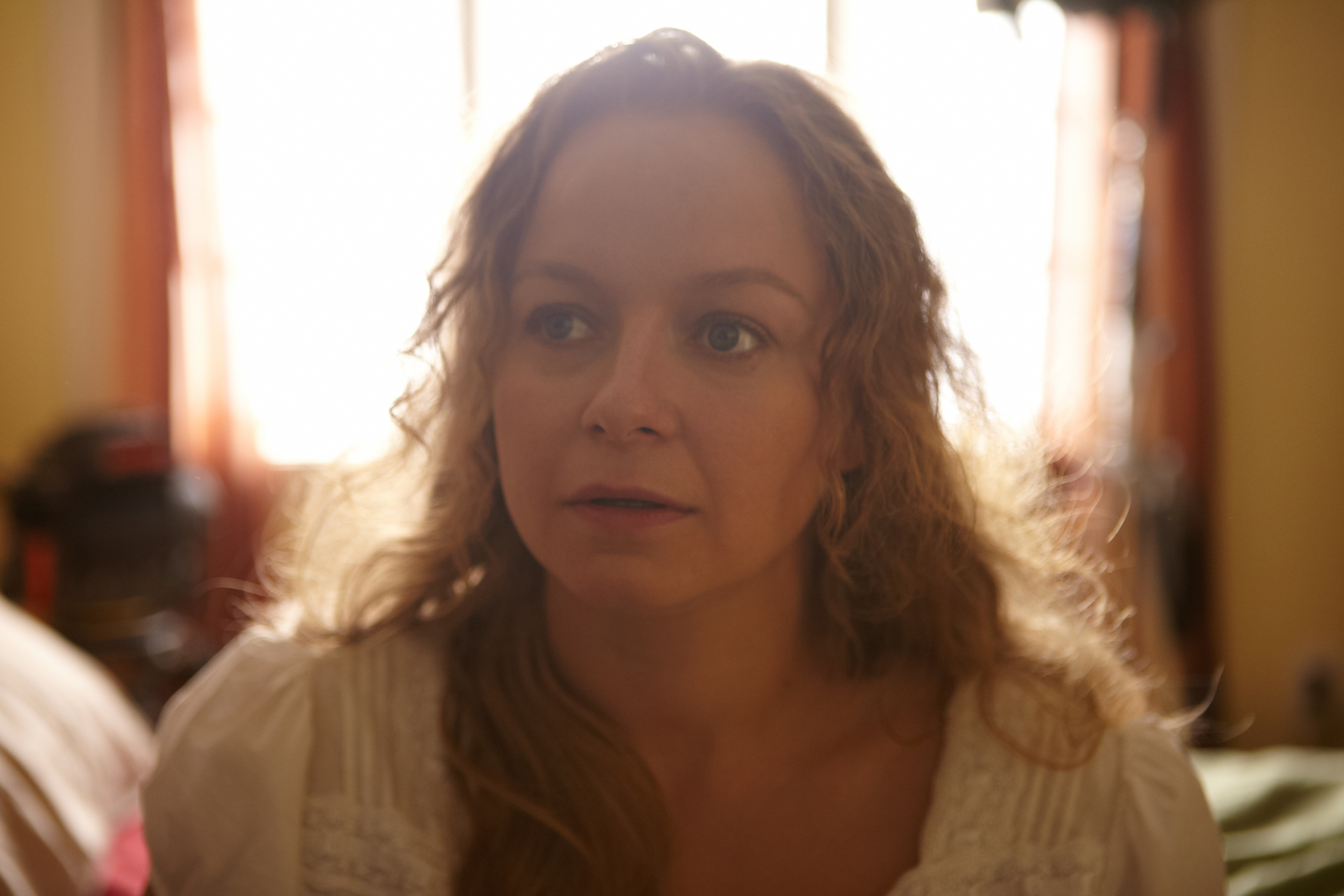Decoding Annie Parker
Opens Fri., May 2 at Sundance. Rated R. 100 minutes.
From what I know of cancer treatment, observed within my own family, doctors give their patients horrible chemicals with the best intentions. They mean well, but the side effects are awful—vomiting, hair loss, chemo brain, exhaustion, wasting, the metallic ache within one’s veins. But you know that, because we’ve all had direct or indirect experience with cancer, the subject of this well-intentioned but plodding melodrama.
Yes it is inspired by actual events and two real people, one an American scientist, the other a Canadian woman with a mutation causing breast cancer throughout her family. And there is every reason to applaud the motives of director Steven Bernstein, Helen Hunt (as Berkeley’s Dr. Mary-Claire King, now at the UW), and Samantha Morton (as Annie). They want to honor the 15-year quest to isolate the BRCA-1 gene, and cancer survivors in general. So do you, so do I, but that does not a good movie make.
Dr. King and Annie meet only once, in a scene divided by, well, the rest of the film. This results in one of those unfortunate parallel editing schemes where we’re supposed to feel two stories are linked—but, sorry, these two heroines have nothing in common. Hunt’s tight-lipped, no-nonsense scientist has zero color (unlike Dr. House and his fellow lab-coated TV geniuses). Morton fares even worse as Annie, who narrates her story from ’60s childhood to the ’90s. The clunky script forces strident jollity and ’70s fashions upon her—presumably to offset the whole miserable cancer ordeal (plus three other deaths in her family). But Bernstein, a veteran cinematographer directing his first feature, has absolutely no feel for comedy; Morton has never done comedy (Hunt’s a different story, but cast in the wrong role); and the comic relief bits are just awful. Are we supposed to pity cancer-stricken Annie more because she’s so perky and vivacious?
The genetic science is duly laid out with analogies (playing cards, road signs, etc.), at a level most high-school students could follow—or, I suspect, already know. Annie is an extreme cancer outlier, a loser in the DNA lottery, yet her cutesy-pathetic depiction doesn’t mesh with the data- and science-driven quest of the astringent Dr. King. (Here’s a movie where I’d actually prefer more lab work and computer punch cards.) Breaking Bad and the recent HBO series The Big C both began with cancer as an impetus, but they never succumbed to such sap. Character came first. Decoding Annie Parker tries to combine its two strands with sticky sentimentality, but the bond doesn’t hold.
bmiller@seattleweekly.com








